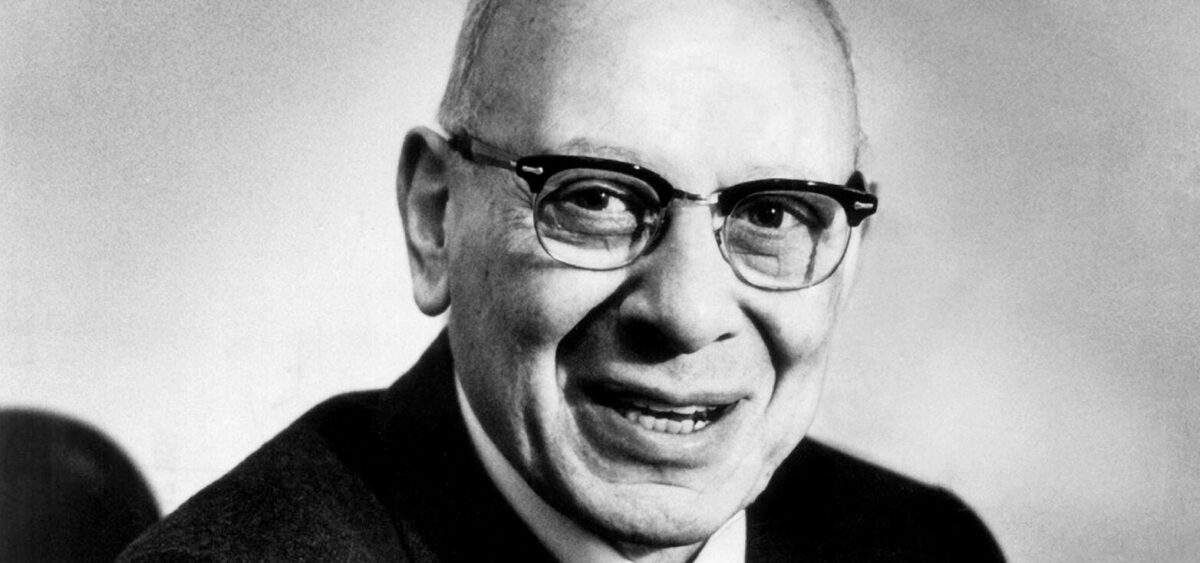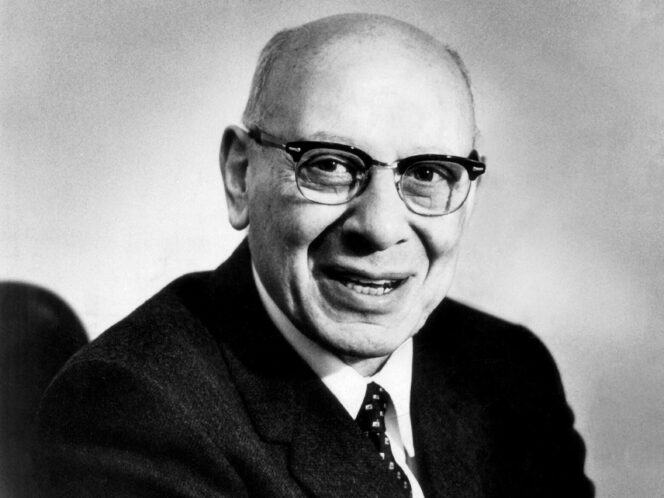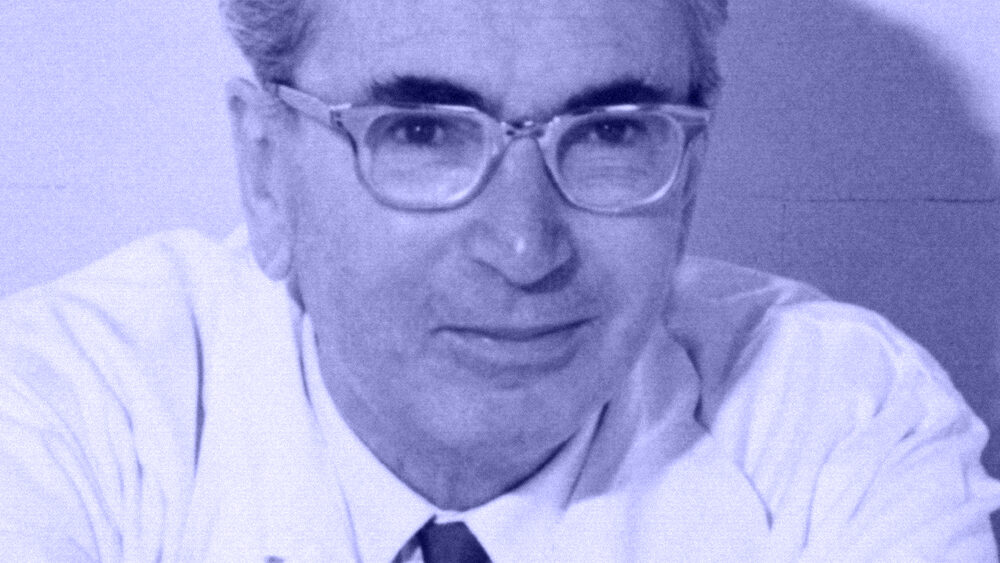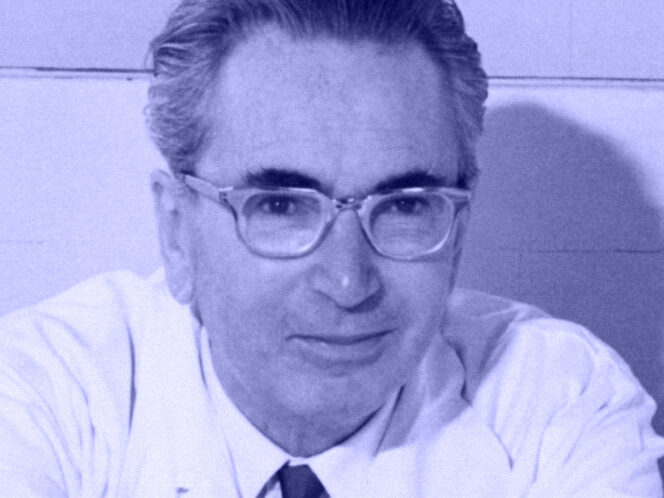
Child psychologist Bruno Bettelheim wanted to heal with fairy tales, care and kindness. His psychiatric hospital had no bars on the windows. He intended for his young patients to recover in a pleasant, calm environment. The story of the good doctor sounds like a fairy tale. And who knows – perhaps it was.
Once upon a time, in a land far, far away, beyond the Danube, Bruno Bettelheim was born. If his life were framed as a fairy tale, it would resemble a saga of a fight against evil – the kind you wouldn’t even read about in the collections of the Brothers Grimm. It would be a tale of the traces that this evil leaves on the human psyche, and how difficult experiences can be turned into something positive. Something enchanting. This fairy tale doesn’t have a happy ending, although it ended in precisely the way the protagonist wanted.
Rescue from across the ocean
Bettelheim was born on 28th August 1903 in Vienna, into a wealthy, secularized Jewish family. We don’t know which fairy tales he was told as a child, but it’s safe to assume that his mother or nanny read him Grimms’ Fairy Tales – nowadays, it’s a classic, and at the time it was an extremely popular collection of folk tales combining magic and fantasy with fear and cruelty. As Celeste Fremon wrote in the Los Angeles Times, Bettelheim acknowledged years later that his favourite fairy tale was Hansel and Gretel because “the boy and the girl needed each other”. Perhaps it was his willingness to work together with other young people that prompted the teenage Bettelheim to join Vienna’s Jung-Wandervogel (‘Young Migratory Bird’) – a left-wing, pacifist youth movement – in 1917. Like the other members of the group, he rebelled against authoritarian families and the strict disciplinarian approach of Austrian schools.
Bettelheim’s other passion at that age was psychoanalysis – a new and intriguing discipline of study producing graduates who were boldly venturing into the hidden world of human instincts and desires. He was also fascinated by the creator of psychoanalysis himself, Sigmund Freud, and hugely








